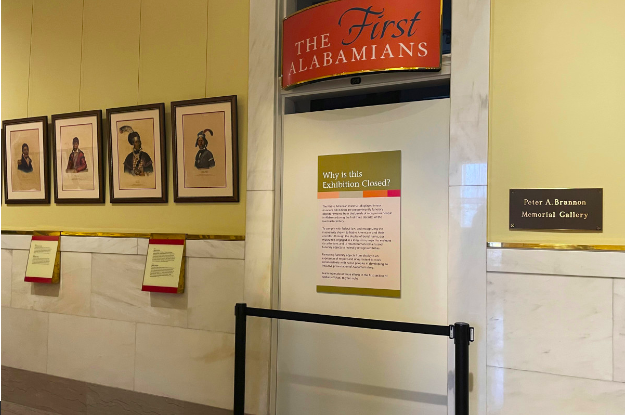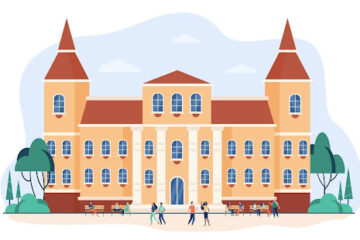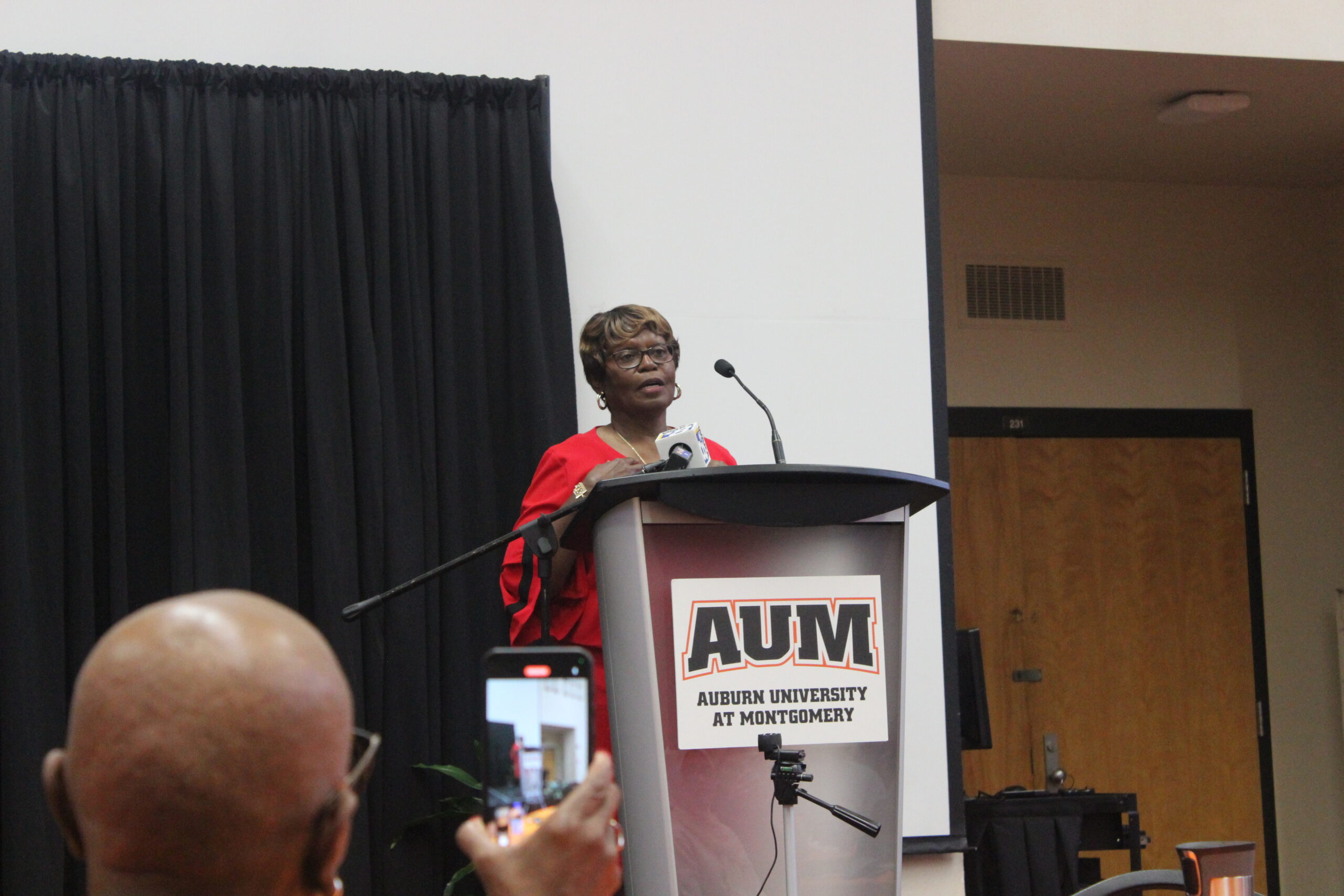By: Hayley Richards
MONTGOMERY, Ala – The Alabama Department of Archives & History (ADAH) is currently working to repatriate Native American items that were once displayed in their exhibits. Enacted in 1990, the Native American Graves Protection & Repatriation Act (NAGPRA) is a federal law that provides a process for museums and federal agencies to return Native American human remains and cultural items to lineal descendants, federally recognized Native American tribes, and Native Hawaiian organizations. The ADAH is actively engaged in the process of returning human remains and funerary objects to federally recognized Native American tribes. The agency is dedicated to the law’s ethical basis, to the spirit of collaboration with indigenous groups it fosters, and to the truthful, respectful telling of the histories of Native American societies.
ADAH employees have recently been questioned on their ProPublica status regarding the repatriation status of Native American remains and items. ProPublica claims, “The Alabama Dept. of Archives & History has the 78th largest collection of unrepatriated Native American remains in the U.S. The institution reported still having the remains of at least 100 Native Americans that it has not made available for return to tribes. The institution has made available for return 17% of the more than 200 Native American remains that it reported to the federal government.” ProPublica has not updated its data system to show the most current statistics of returns.
In 2018, ADAH staff determined that the agency was not in compliance with NAGPRA. This discovery initiated a period of intensive internal research and reflection on the history of the ADAH’s extensive archaeological collections and the collecting practices of previous generations. Recognizing the importance of transparency and ethical stewardship of its collections, the agency committed resources toward building a NAGPRA program. A team of staff members has been working to make the collection accessible and ready for consultation with federally recognized tribes. Consultation on the cultural affiliation of materials subject to repatriation began in 2022 and is ongoing.“Nearly all of the 4,000 funerary objects and 114 sets of human remains in the state archives were donated by a group of “archeological enthusiasts” in central Alabama who regularly went on excursions to find Native American burial sites and excavate them, ADAH Director Steve Murray said”. NAGPRA coordinator Kelli Bowers was emotional when speaking about the NAGPRA process. The return of funerary objects is an emotional and intellectual journey.




